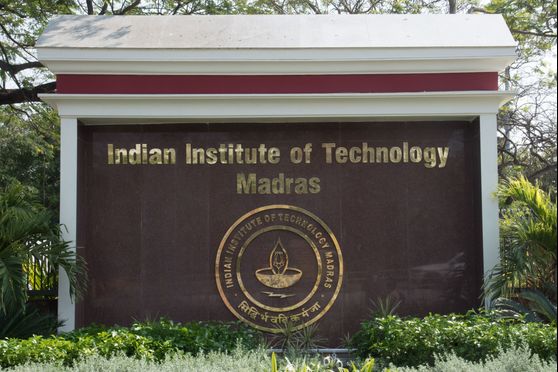IIT Madras research looks into why rural community stays away from non-farming jobs


Indian Institute of Technology (IIT) Madras researchers have identified the reasons why farmers in India do not take up non-farming jobs even when agriculture does not provide them with a reliable means of sustenance.
Lack of education and skill, credit constraint and poor access to social capital were the predominant causes, the research revealed. It was also found that farm income and land assets have a negative influence on diversification and household size has a positive impact on the participation of the rural community in non-farming activities.
The research was undertaken by Sabuj Kumar Mandal, associate professor of Economics, Department of Humanities and Social Sciences, IIT Madras, and his student Anviksha Drall, PhD research scholar, IIT Madras.
The researchers called for regional rural banks to allow micro-financing and composite finance services to remove the financial barriers to rural job diversification. The IIT Madras study shows that increasing the flow of information via access to telecommunication devices such as mobile phones can enhance awareness about the benefits of non-farming occupations among the rural community, thereby enabling participation.
“The income flow has been dwindling in agricultural families because of imperfect credit and insurance markets prevalent in rural India. It has long been recognised that the diversification of rural livelihood into non-farm activities is a key strategy to ensure that rural families maintain a minimum level of income. Trade and hospitality, construction, transport and education and health are the top four sectors that contribute to the non-agricultural rural jobs in the country,” Mandal said.
The farm sector, the backbone of the Indian economy, has suffered from a low growth rate in recent years. According to the 10th Agricultural Census, the average size of agriculture landholding declined to 1.08 hectare in 2015-16 from 1.15 hectare in 2010-11. This retrograde has been a result of weather vagaries, land fragmentation, price fluctuations, soil erosion, waterlogging and rapid population growth.
Drall further elaborated on the study. “The benefit of diversifying into the non-farm sector is that the income from these areas can be diverted into the farm sector without risk of livelihood loss. This not only helps the rural community stay solvent or even profitable but also helps in increasing agricultural output in the country. Despite the promise, the average Indian farmer is hesitant to enter the non-farming sector and is trapped in a vicious cycle of poverty and debt,” she said.
Mandal and Drall performed modelling studies using household-level panel data on Indian states belonging to semi-arid tropics and eastern regions. They built a theoretical framework that modelled the decision of a household’s time allocation among three activities — farm work, non-farm work and leisure.
The researchers recommend rigorous implementation of existing educational policies like Samagra Shiksha and training programmes such as Deen Dayal Upadhyaya Grameen Kaushal Yojana.
The findings of the research have recently been published in the reputable peer-reviewed international journal, World Development.